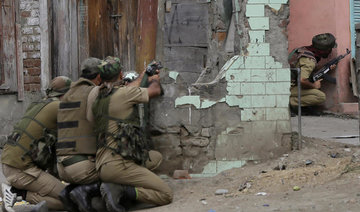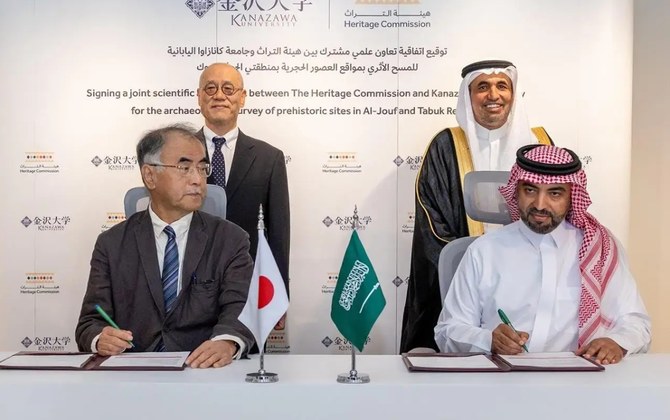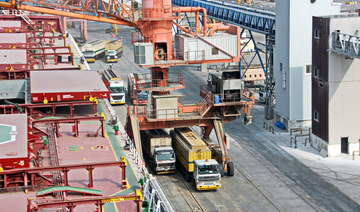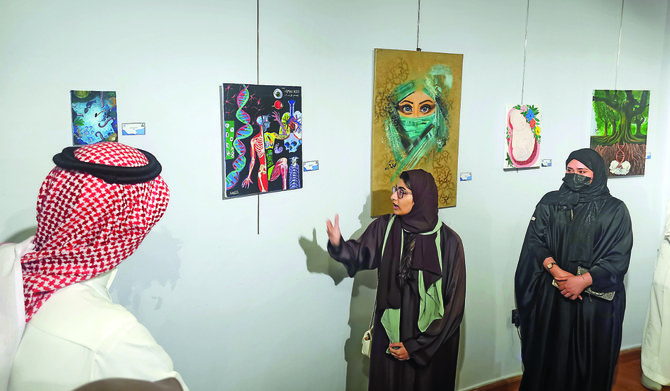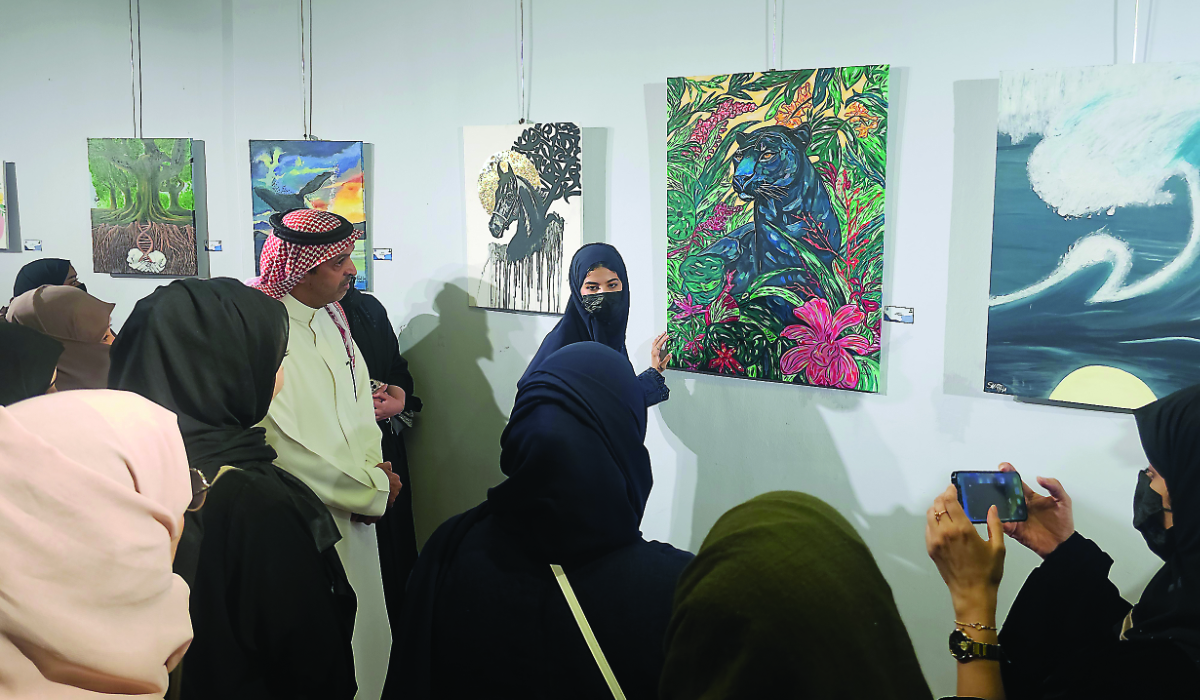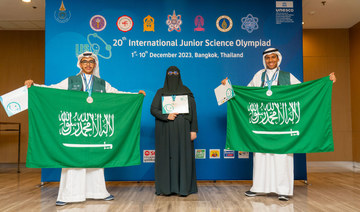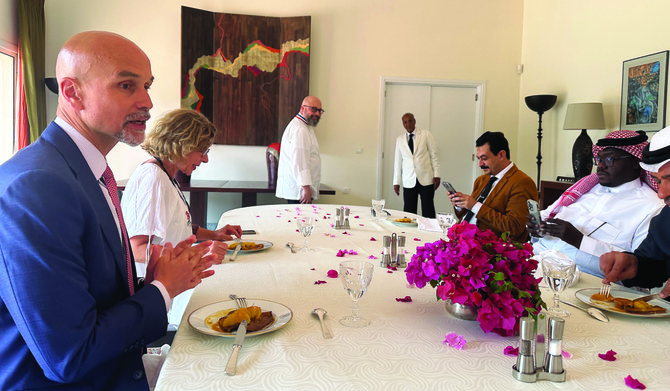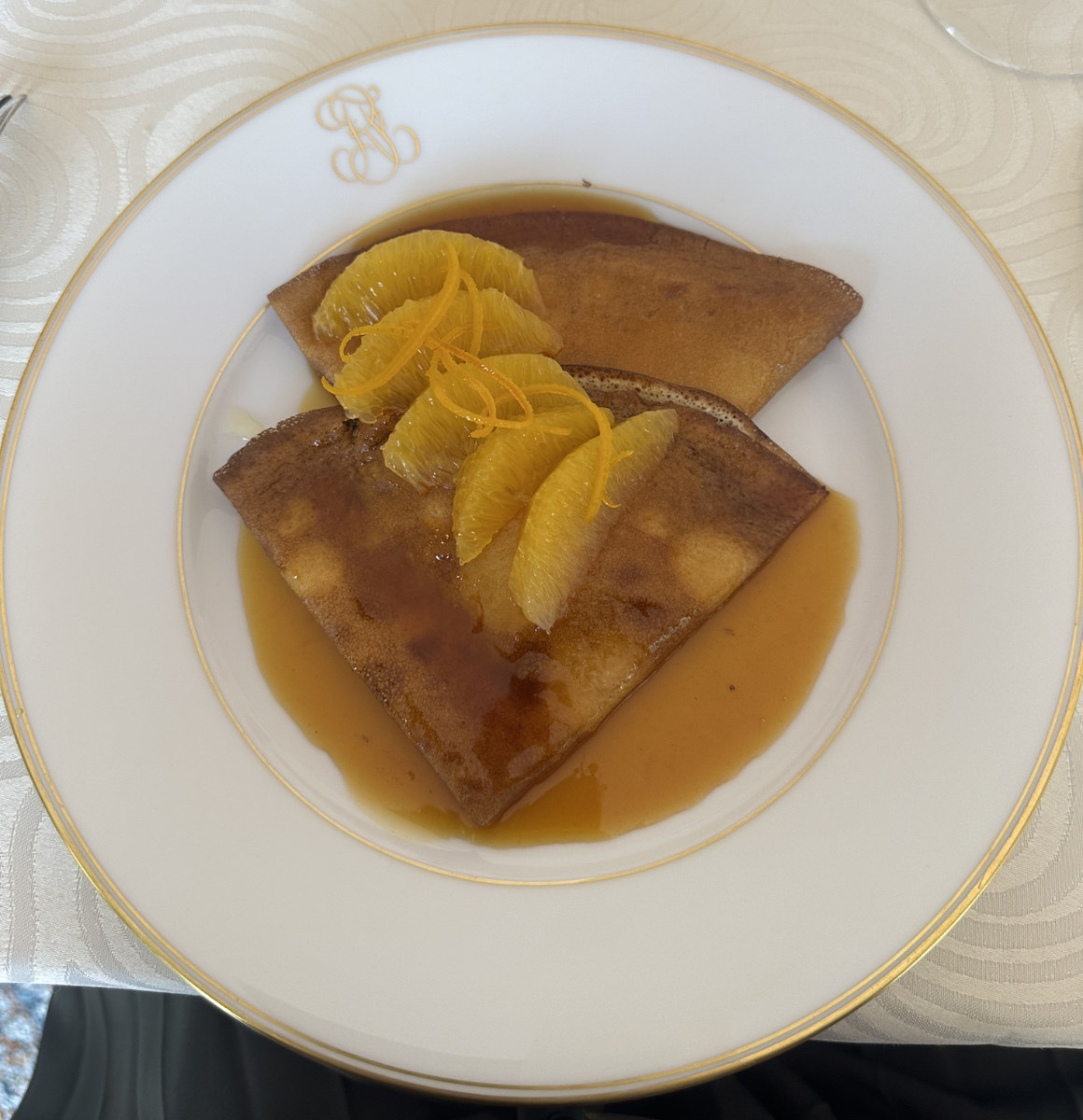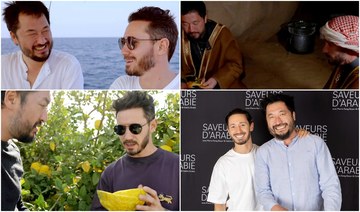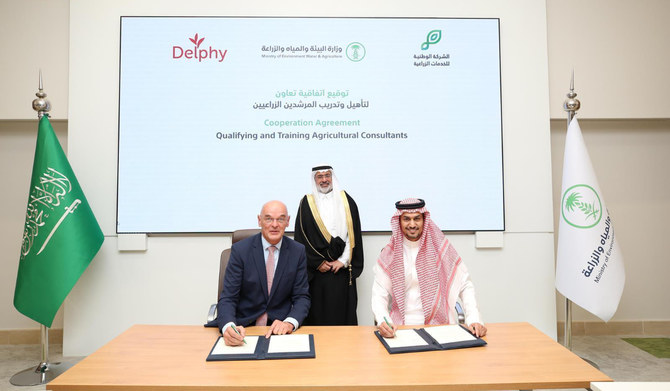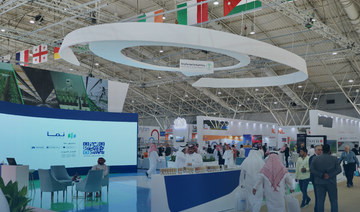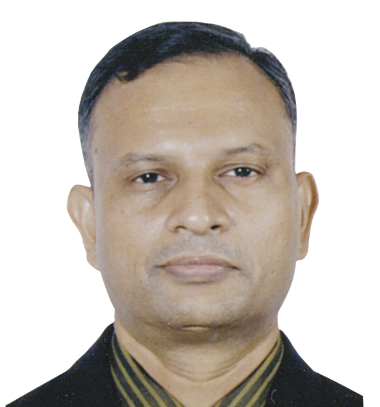
N. Ramprasad
RIYADH: On the special occasion of the 76th Independence Day of India, I extend warm greetings and felicitations to all my fellow Indian nationals and friends of India in the Kingdom of Saudi Arabia.
This year holds extra significance as we are also celebrating the momentous milestone of the completion of 75 years of our independence as Azadi Ka Amrit Mahotsav, which also coincides with 75 years of the establishment of India-Saudi Arabia diplomatic relations.
On the stroke of midnight on this very day in 1947, India cast off the shackles of 250 years of colonialism and began its journey toward fulfilling the dreams of its freedom fighters.
After a momentous freedom struggle, we were left with the enormous challenges of a low GDP, food insufficiency, low literacy rates, and poor health indicators, among many others.
This day reminds us of the incredible journey which India has traversed over the last 75 years to become an emerging geopolitical power with a vibrant economy, making it one of the fastest-growing major nations in the world.
Today, India is recognized across the world as a country with world-class educational institutes whose alumni are now working at the highest positions in government and private organizations across the world.
India is applauded for its achievements under the Millennium Development Goals and is commended as a leading nation working toward attaining the Sustainable Development Goals. This day offers us an opportunity to feel proud of our nation and its tremendous achievements till now.
The next 25 years leading up to the centenary of India’s independence will be a defining moment in India’s growth story. In the next four years, India is projected to become a $5 trillion economy. The latest IMF forecasts project the Indian economy to grow at 7.4 percent in the next financial year.
According to the 2022 IMF estimates, India is the fifth largest economy in the world with a gross domestic product worth approximately $3.5 trillion.
In the last financial year, India received its highest-ever annual foreign direct investment inflow which stood at $83.57 billion, after witnessing a steep growth of 85 percent from FDI inflows in the financial year 2015.
This has been made possible by an enabling environment through facilitative policy measures and an investor-friendly strategy, which has significantly improved the ease of doing business in the country.
The Indian economy has also been catapulted by its focus on technological advancements and a flourishing startup ecosystem.
India now has the third largest startup infrastructure, with approximately 75,000 DPIIT-recognized — Department for Promotion of Industry and Internal Trade — startups across the country.
Moreover, India now ranks second in innovation quality among middle-income economies.
The Indian economy has also allowed the exponential growth of unicorn companies.
The sector has ascended in the last five years, with a whopping growth of 66 percent on a year-on-year basis. As of July 2022, India had 105 unicorns with a total valuation of $338 billion. The sector is flourishing not only in the traditional domains of e-commerce, logistics, and services, but is also gaining ground in emerging areas of gaming, data analytics, artificial intelligence, and robotics.
Over the last seven-and-a-half decades, India has been guided by the principles enshrined in its constitution of justice, liberty, equality, and fraternity in its approach toward national development and on shared international issues.
India has become a leading voice on international platforms and raised critical issues such as the overdue reform of the UN Security Council, international consensus for counter-terrorism, maritime security, and peacekeeping.
India presided over the UNSC during Aug. 2021 and is currently a non-permanent member.
It is also pertinent to highlight that India has become a cardinal voice for dealing with emerging challenges like climate change and food security, and has been leading with tangible actions in that regard.
To emphasize the need for united global efforts to tackle the looming threat of global warming, India has led by example and instituted organizations such as the International Solar Alliance and the Coalition for Disaster Resilient Infrastructure.
The year also marks the completion of 75 years of India-Saudi Arabia diplomatic relations.
During this period, our civilizational ties have grown multi-dimensionally and have reached unprecedented levels. The bonhomie between our leaders has driven bilateral relations upslope and, in the last few years, this has developed into a strategic partnership.
Bilateral economic relations have diversified to include a multitude of sectors, presenting enormous potential for trade and investment.
In the financial year 2021-22, our bilateral trade was valued at $42.9 billion.
During this period, India’s imports from Saudi Arabia reached $34.01 billion, and exports to Saudi Arabia were worth $8.76 billion, registering an increase of 49.5 percent over last year.
Saudi Arabia is a key energy partner for India as it imports around 18 percent of its crude oil requirement and 22 percent of its LPG requirements from the Kingdom.
At the same time, India is also a crucial partner to the Kingdom in ensuring food security.
Bilateral investment exchange has also been driven up in the last eight years as India’s investments in the Kingdom have reached $2 billion and are growing fast owing to the emerging opportunities under Saudi Arabia’s Vision 2030 program.
Similarly, the Kingdom is now the 17th largest investor in India, with investments amounting to $3.15 billion.
Investments from Saudi heavyweights such as PIF, Aramco and SABIC have strengthened the trust of investors in India’s growth story.
This growth in investments has come as per the announcement made by Crown Prince Mohammed bin Salman during his visit to India in Feb. 2019 that the Kingdom would be investing $100 billion in India in diversified sectors.
Our partnership in the field of defense has taken huge strides in the last few years. The maiden visit of the then-Indian Chief of Army Staff Gen. M.M. Naravane, in Dec. 2020, gave new momentum to our defense ties.
Following that visit, our first bilateral naval exercise “Al-Mohed Al-Hindi” took place last year in August.
Recently, in June, the fifth meeting of the Joint Committee on Defence Cooperation concluded in Delhi with an agenda to further strengthen our defense collaboration in terms of security cooperation, training and capacity-building, and boosting trade in the defense sector.
Apart from these, I would like to underline the growing cultural engagements between our countries.
Our bilateral collaborations are expanding rapidly into novel domains of sports, entertainment, tourism, education, and health which have opened up recently in Saudi Arabia with the reforms undertaken as part of the Vision 2030 initiative.
India-Saudi bilateral cooperation is ready to achieve new heights on the strong foundation of our people-to-people ties.
More than 2.2 million Indians reside in the Kingdom of Saudi Arabia and contribute immensely to the service sector requirements of the Kingdom.
It is my strong belief that India-Saudi relations will grow manifold in the coming years. The embassy of India looks forward to working closely with the government and friendly people of Saudi Arabia toward this objective.
I also thank the leadership of the Kingdom of Saudi Arabia for their wisdom and for taking care of the welfare of all Indian nationals in the Kingdom.
N. Ramprasad
Charge d'affaires at the Indian Embassy in Riyadh





